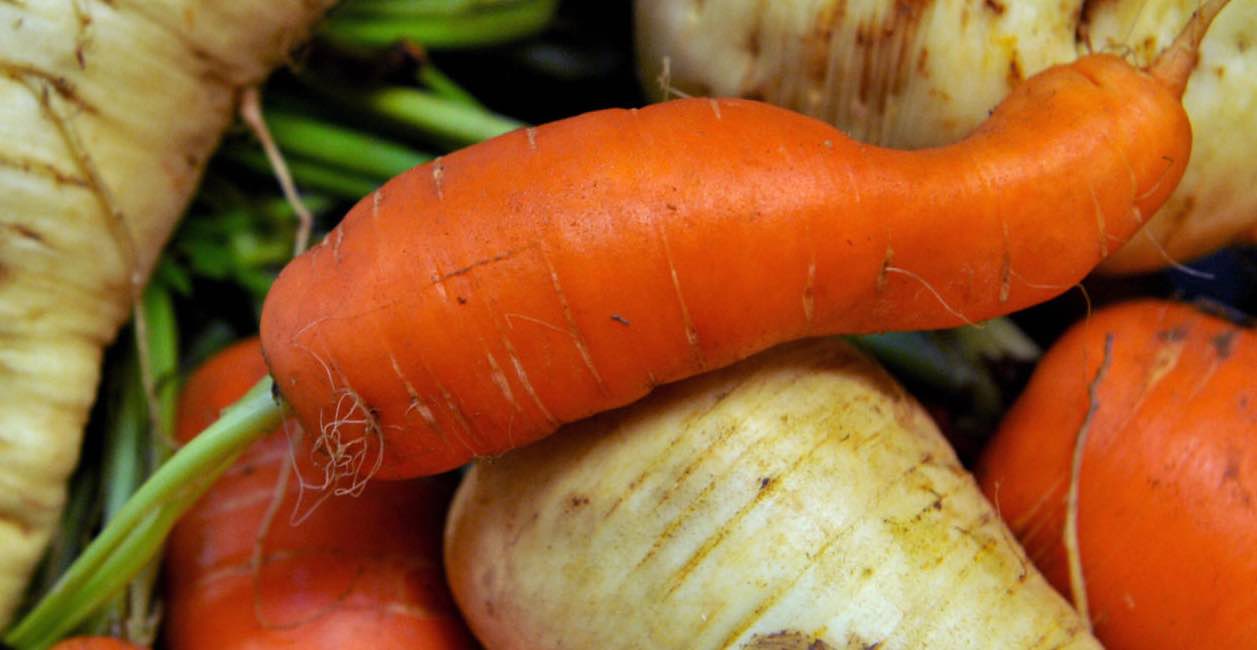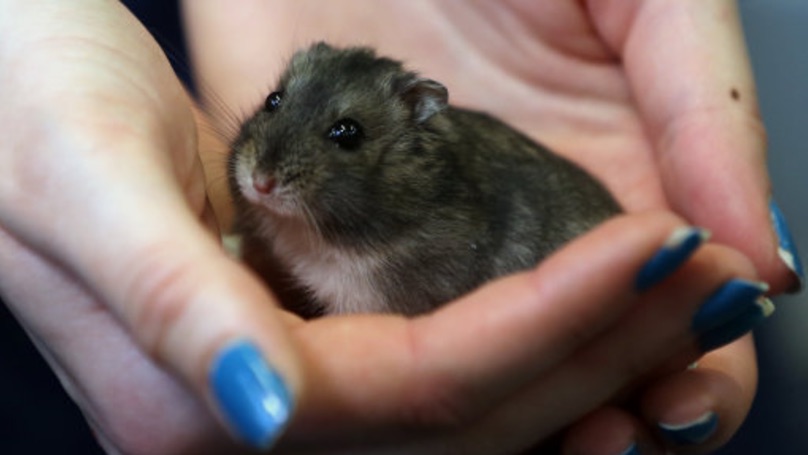
Wonky veg does not taste or cook any differently from other vegetables and should be saved from supermarket reject bins, MPs say.
The all-party Environment, Food and Rural Affairs committee of the House of Commons has called for relaxed rules on “wonky vegetables” in a bid to help reduce food waste.
The MPs say: “It’s ridiculous that perfectly good vegetables are wasted simply because they’re a funny shape. Farmers supplying fruits and vegetables to British supermarkets currently get their produce rejected on the grounds that it fails to meet cosmetic quality standards set by the big retailers.”
“Knobbly carrots and parsnips don’t cook or taste any different. It’s high time we saved them from the supermarket reject bins,” say the MPs.
According to an official government report on Sunday, wasted food is costing every person in Britain hundreds of dollars a year.
The report says a third of food produced for human consumption is lost or wasted globally, and in Britain food worth over 13 billion U.S. dollars is thrown away by households every year.
To drive efforts to reduce the food waste, the committee has called on the government to establish a national food waste reduction target.
MPs who sit on the committee say it is socially a scandal that people are going hungry and using food banks when so much produce is being wasted.
“We welcome the will shown by retailers to redistribute surplus food. However, we believe that more must be done. There is a huge amount of surplus food that is currently not being redistributed,” says the report.
The MPs want awareness of food waste to start at an early age, calling on the government to introduce lessons on food and food waste into school curriculum.
On food labeling, the committee wants a government review to look at whether there is a need for “best before” dates at all on food.
Neil Parish MP chair of the committee said: “The best thing we can do is to prevent raw materials, ingredients and products from becoming waste in the first place.”
According to the chairperson, ending the food waste in incineration or landfill without energy recovery is the worst way to deal with it.
He suggested redistribution, animal feed as better options, and recycling through anaerobic digestion or composting as a way when it has to be thrown away.








![John Caparulo: Comic Gets Pegged With A Cocktail After A Trump Joke [Video] John Caparulo: Comic Gets Pegged With A Cocktail After A Trump Joke [Video]](https://webtopnews.com/wp-content/uploads/2017/03/John-Caparulo-Comic-Gets-Pegged-With-A-Cocktail-After-A-Trump-Joke-Video.jpeg)




